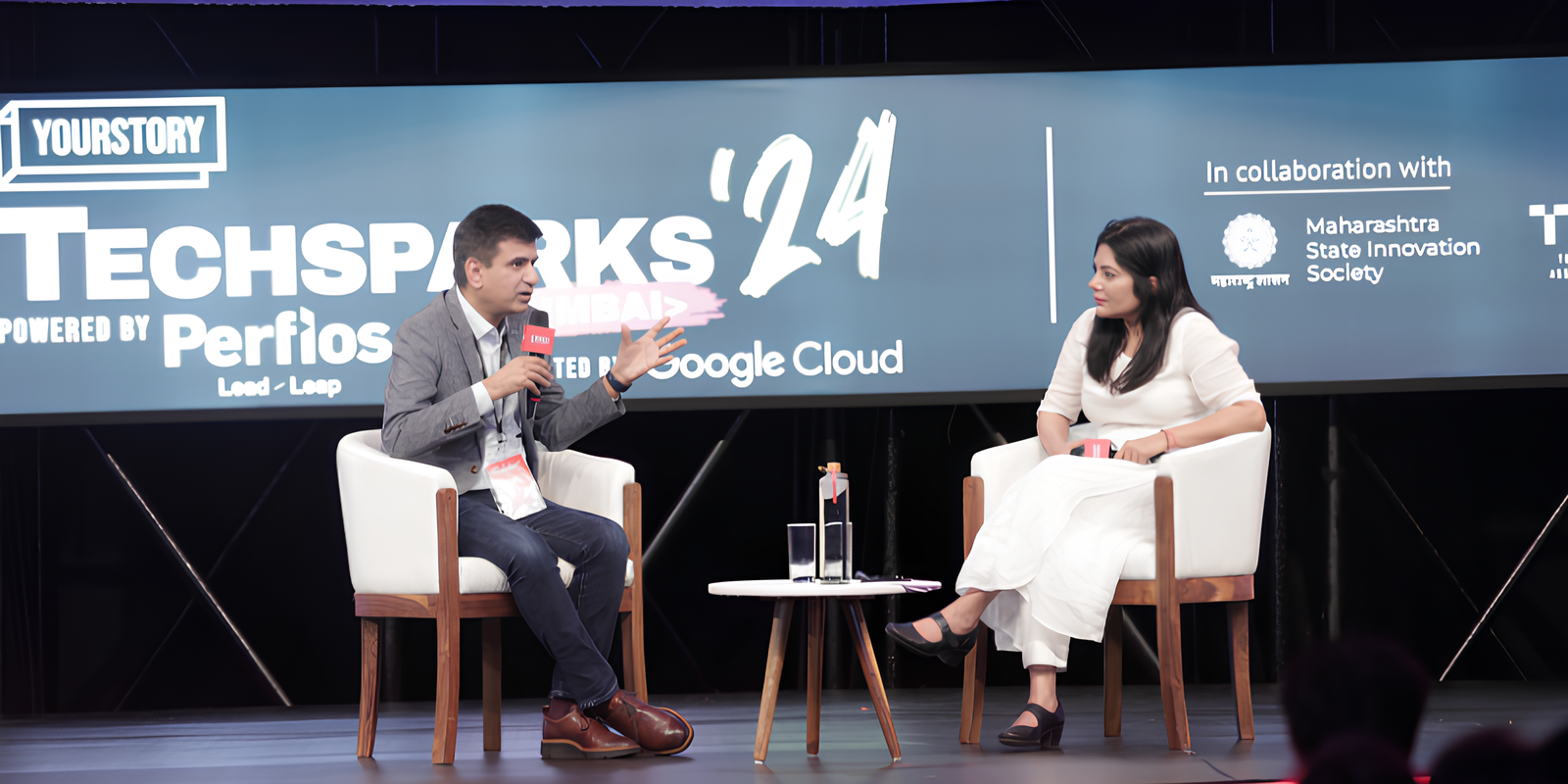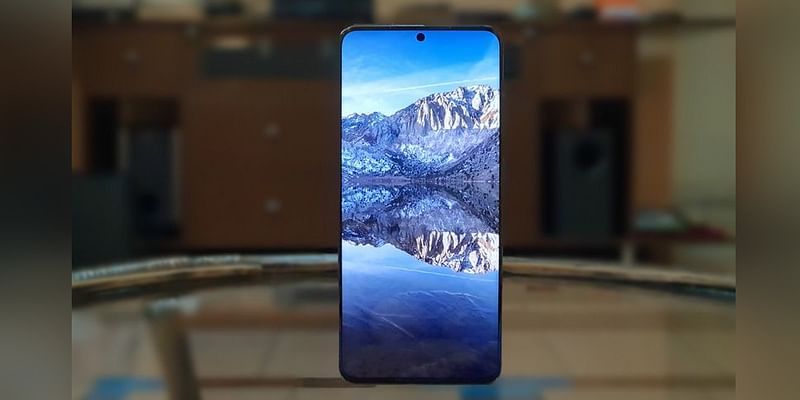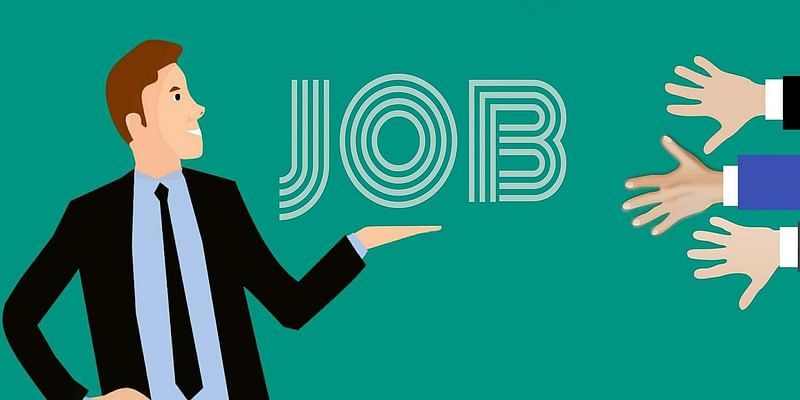Smartphones and Healthcare: Opportunities and Barriers
Overview
Frugal technologies can exponentially improve access of healthcare and help in the efficient use of limited resources such as doctors and medical facilities. While indigenous frugal technologies have been developed, the smartphone/tablet revolution has added a new axis of innovation. Given the speed of adoption and the dropping prices, smartphones will be ubiquitous in the next 2-4 years.
Smartphones have the potential to play an interesting role in healthcare in the future as they (a) have reasonable computing power capable of doing initial analysis (b) provide connectivity that improves access to an eco-system of remote doctors and medical professionals and (c) are easy to use.
Doctors are already using smartphones for patient care, Dr. Lee Rogers, a podiatrist and associate medical director at Valley Presbyterian Hospital in California, recently turned to the video chat capabilities of his new iPhone 4 to enlist the help of two other surgeons who were located in Arizona to guide him through a 45-minute surgery to save the foot of a diabetic patient [1]. This presents a lucrative opportunity for startups to develop frugal devices that have diagnosing/screening capabilities and connectivity that enables communication with doctors.
Below is a quick round up of smartphone based diagnostic medical devices:

Stethoscope: StethoCloud takes a regular stethoscope and hooks it up to a smartphone and its algorithm can diagnose a pneumonia patient quickly. Another company Savic Research has patented a method to diagnose lung disease using computer based analysis of stethoscope inputs.

ECG monitors: Pleassy Electronics has produced a smartphone-attached heart monitor. It uses an EPIC (Electric Potential Integrated Circuit) located under the phone to read heart pulses and displays the ECG trace on the smartphone monitor. The patient has to press down on two EPIC points under the phone and the trace appears on the screen. AliveCor iPhone ECG has a similar functionality.

Blood pressure monitors: Two companies have developed great blood pressure measurement products that link to iPhone. Both provide the provision to communicate with doctors and other devices. Both retail for around $100-$110, still unaffordable for a rural healthcare worker.
Glucose monitors: There are over 50 million Diabetes patients in India, making services that measure and manage Diabetes a necessity. Numerous blood sugar monitors exist in the market. Most of these test the actual blood of the patient, while the newer ones are contact based. Smartphones and glucose monitors make for an interesting combination, which enables the continuous monitoring and lifestyle management required for optimizing a diabetic’s health. ‘Health buddy’ apps such as Diabeto are already available that provide for a comprehensive management that also keeps the doctor in the loop. The cost-per-use, however, remains high: the one we have at home costs Rs. 45 (~$1) per use.

Ultrasound: Mobisante has developed ultrasound application and attachment. It received its approval from FDI after an 8 month effort. Ultrasound scanning is being used for newer uses such as breast cancer detection, tissue scanning (replacing a CT scan) and bone density scanning. Mobisante’s ships with a smartphone and carries a hefty price tag of $7,000.
Barriers for medical devices
Beyond the affordability of devices, there are key barriers to widespread adoption of smartphone based medical devices.
Behavioral change for doctors: Doctors are used to seeing their patients face-to-face, and some conservative doctors believe that diagnosis is incomplete without a physical meeting with the patient. The connectivity enabled with smartphone will be ineffective if doctors do not adapt to remote diagnosis and treatment. More changes will be required on the treatment methods. Usually, doctors cling to a path of diagnosis and treatment and seldom change it. Doctors will need an open mind to adopt new diagnostic and treatment methods.
Regulatory approval: US FDA approval process for medical devices is complex and often takes a year for completion. Mobisante spent 8 months getting the FDA approval for its ultrasound attachment and hence was forced to ship its device with an outdated smartphone. With fast changing technology, it is important to institute a flexible and efficient legal framework to allow devices to hit the market quickly.
Armies of healthcare workers and delivery models: The adoption of frugal, mobile medical technology is dependent on the availability of healthcare workers and healthcare delivery businesses that are focused on the delivery of healthcare services outside the walls of a hospital.
Note: This author’s personal views do not necessarily represent those of Unitus Capital.
[1] FierceMobileHealthcare: New apps make smartphones more valuable than stethoscopes
About the Author
Jeevan Kumar is an investment professional working with Unitus Capital, a boutique investment bank focused on raising capital for companies that impact the low-income population. At Unitus Capital, he has advised several companies, across healthcare, financial services, and energy sectors, on raising capital. Jeevan is also part of the initial team at Unitus Seed Fund, contributing significantly towards its four maiden investments. Prior to Unitus Capital, Jeevan was part of SunGrid team, an experimental cloud based initiative at Sun Microsystems.
Jeevan is a graduate of XLRI Jamshedpur and has a computer engineering degree from NIT Surathkal. Jeevan has a passion for entrepreneurship and enjoys working with innovative early stage companies.
Jeevan can be reached via Twitter jeevan_kr or email at [email protected]












